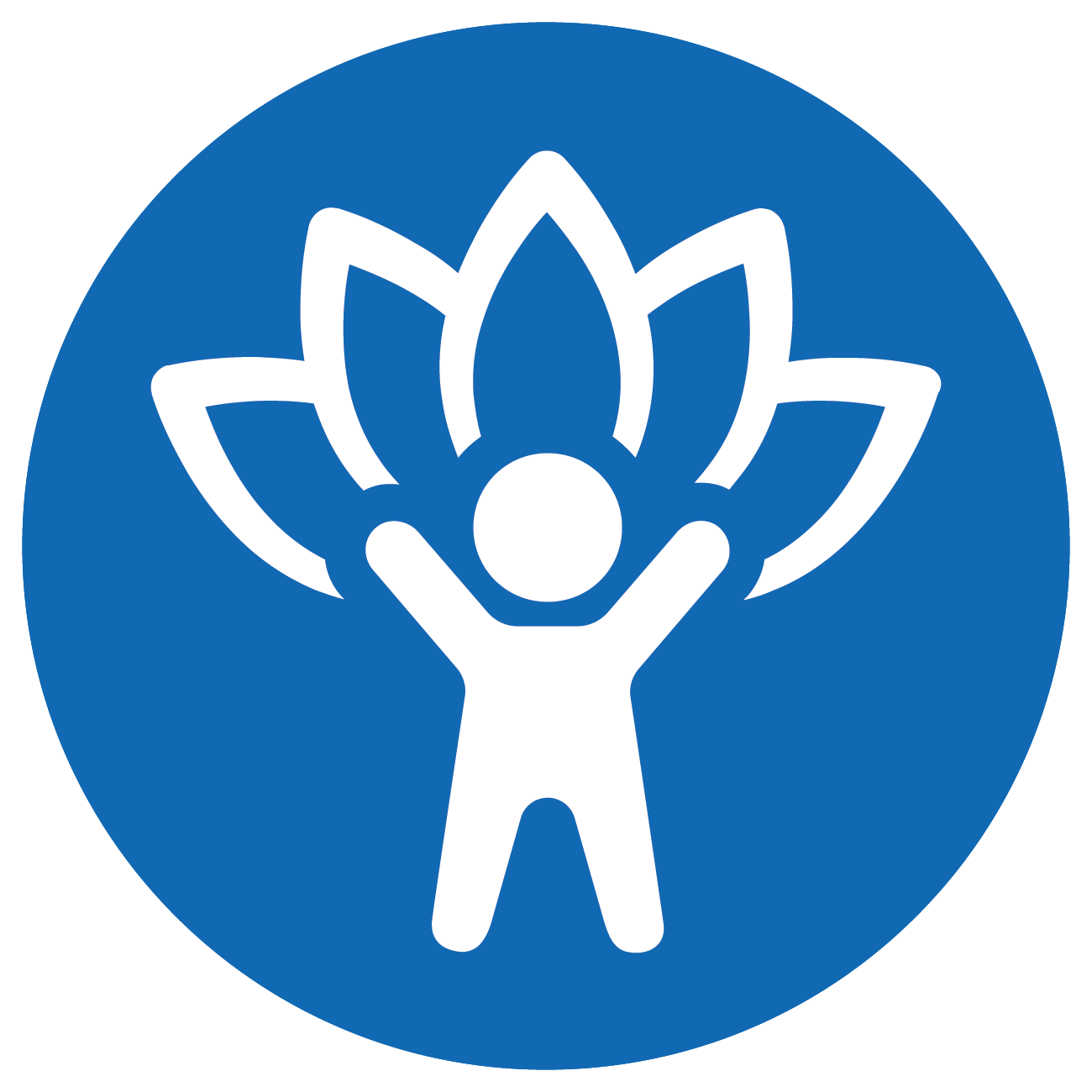
Student Wellness Center
Welcome to our Student Wellness Center, developed to provide support for our community of creative students. Pursuing higher education can be challenging. We invite you to review and use these resources, including strategies to manage stress and enhance self-care, to support your academic journey.
We encourage students to reach out to their Student Advisors and instructors if they are experiencing anything that could hinder their academic progress. For immediate access to wellness resources, please utilize this page.
NOTE: This resource page is not a substitute for professional mental or medical advice. If you are experiencing an immediate crisis, the fastest way to get help is to call 911 (United States) or your country’s general emergency line. We encourage you to see your physician or mental health provider for specific issues.

Jump to: Crisis Resources | Helping Others | Managing Stress | Practicing Self-Care
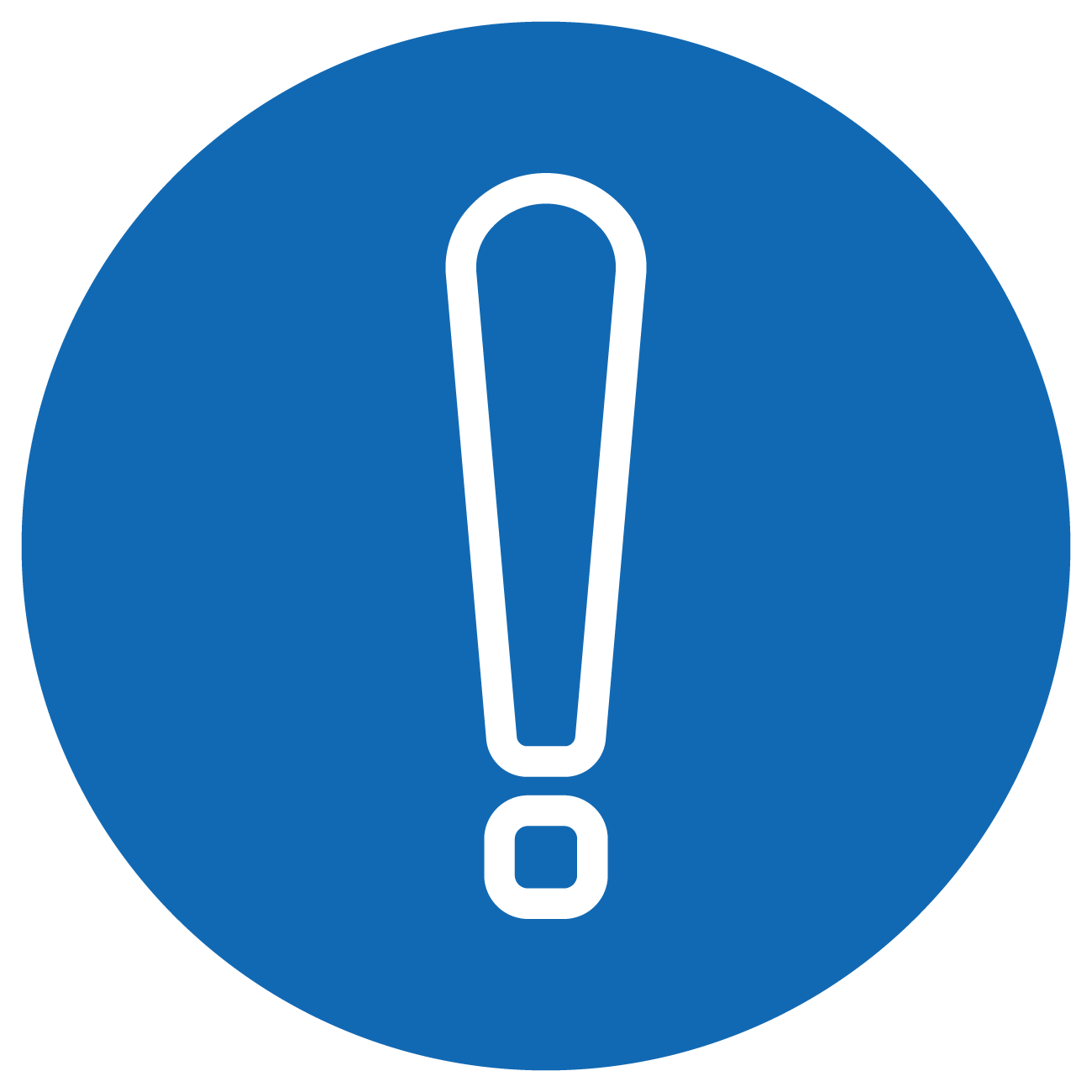
Crisis Resources
For some situations, you may need immediate assistance. We have included some nationally recognized help line resources; check out the Crisis Resources provided here.
Worried about police getting involved? Mobile Crisis Teams are a good community-based alternative. The best way to find one is to search online for a mobile crisis team in your city, state, or country.
Disclaimer: Some crisis teams may still request the police or EMTs, depending on the situation.
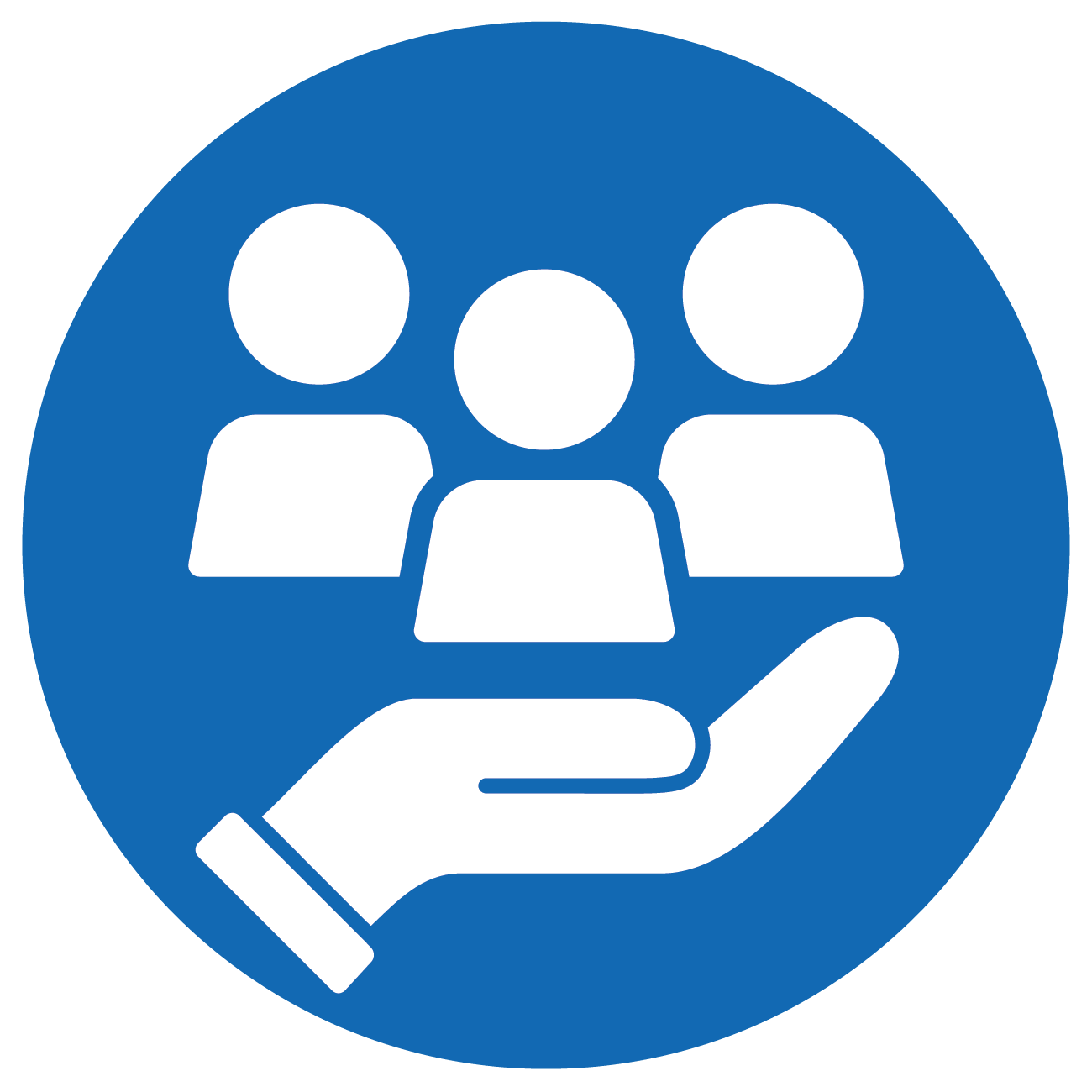
Helping Others
If you are concerned about someone who is struggling with their mental health, there are some things that you can do to help them through difficult times.
You can start by frequently checking in with them, but try not to bring up what’s bothering them too much unless they want to talk about it. Approach communication with a warm, encouraging tone and avoid making the situation about you.
Sometimes someone may not know exactly what they want when you ask them. In this case, you can offer to hang out with them, invite them to an event or gathering, or offer to help them with something like errands, chores, or fixing something. They may still refuse, but keep reassuring them that you love and care about them.
Here are some helpful things to say:
- “Do you want to talk about it or do you just want to do something fun to take your mind off it?”
- “I am here for you and I care about you a lot.”
- “Let me know if you’d like any advice, otherwise I’m happy to listen to what’s bothering you.”
- “That sounds really difficult and I totally understand why you’re feeling this way. Your feelings are valid.”
Places to Find Help
If you are worried that your friend may seriously hurt themselves or others, you can…
- Call 988, the national crisis and suicide prevention lifeline
- Call 911 (US)
- Offer to take your friend or loved one to a psychiatric urgent care
If you are concerned about police getting involved, there are options! Mobile crisis teams are a very good, community-based alternative. The best way to find one is to search online for mobile crisis teams in your city, state, or country. You can read more about Mobile Crisis Teams (MCT) (NAMI) here and here.
| Resources for Supporting a Friend |
|---|
| Worried about someone's mental health? (Rethink Mental Illness, UK) |
| How to support someone with a mental health problem (Mental Health Foundation) |
| 5 Do's and Dont's of Dealing with Others' Mental Illness (Psych2Go, YouTube) |
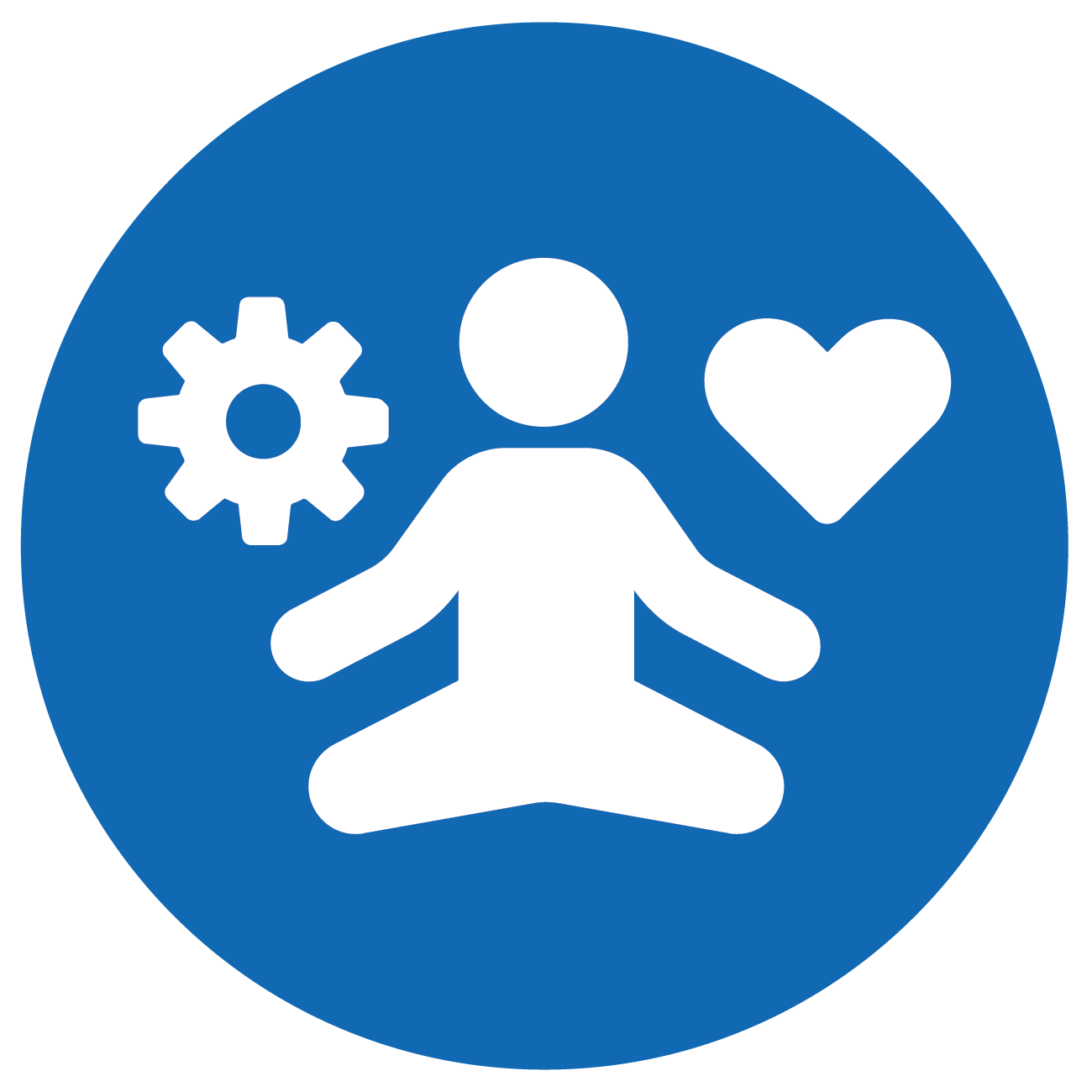
Managing Stress
Do you feel like you’re constantly “spinning plates”? Between taking care of others, working, being a student, and fitting in time for yourself, it’s easy to let self-care fall by the wayside.
Remember, an empty pitcher has nothing left to give. Unmanaged stress can absolutely affect your academic performance, as well as your mental and physical health. Whatever is causing your stress, know that there are ways of managing it. To avoid running on empty, below are some suggestions and resources that we hope you find helpful.
Here are a few things things that you can do right now if you’re feeling stressed and/or overwhelmed.

Life can be stressful
Take a Breath
Sometimes we’re so stressed out that we forget to breathe. It’s easy to get lost in our own heads, going down rabbit holes of negative thoughts and fear. That’s why taking a moment to close your eyes and focusing on your breathing can bring you some relief, if only for a little while.
Breathing is automatic, so most of the time we aren’t aware of it. Try inhaling slowly, filling your lungs, and holding for a second. When you exhale, focus on relaxing your body. You may yawn, which is actually a sign of your body releasing tension.
Want to try more breathing techniques? Watch this video for a brief guided breathing exercise. Or check out our resources on breathing to reduce stress.
| Resources for Relaxation and Breathwork |
|---|
| Breathwork for Beginners - Everyday Health |
| Relaxation Techniques - Harvard Health Blog |
| Box breathing relaxation technique - Sunnybrook Hospital (video) |
| Helpful apps: Headspace and Calm |
Practice Mindfulness
Mindfulness is the practice of being fully present in the moment. We can achieve this by calmly observing and accepting our thoughts and emotions, as well as using our senses to notice the world around us. You can weave mindfulness into every aspect of your daily life! From eating, working, reading a book, or even driving—you can make mindfulness a common practice in your life.
Why is mindfulness important? In general, it can help us regulate our emotions by helping us recognize what we’re feeling and respond calmly to that feeling. Another major benefit is it helps those with anxiety because it can reduce rumination, which is when you repetitively dwell on a negative thought or feeling. Mindfulness can help bring you back to the present moment, making those emotions less intense.
| Resources for Mindfulness |
|---|
| 5 Simple Mindfulness Practices for Daily Life |
| Guided Mindfulness Meditation (MindfulPeace, YouTube) |
| Mindfulness Worksheets (Therapist Aid) |
Enjoy Nature
According to the American Heart Association, spending time in nature can help reduce stress and anxiety. So, take some time to go for a walk in your local park or trail. Better yet, find a spot where you can take off your shoes and feel the grass or earth beneath you. Natural areas may be hard to find in urban areas, so see if you can visit your local botanical garden or even a plant shop! Another benefit of getting outdoors is exposure to sunlight. Receiving direct sunlight for at least 30 minutes a day can also help improve your mood, according to a study conducted in 2021.
Use a Journal
A great way to get all of your thoughts onto a page is to journal, whether that’s writing in a physical notebook or on your phone or computer. Journaling is also another creative outlet and form of self-expression. It doesn’t need to be fancy! Some prefer to journal the classic way with pen and paper, but there are also apps like Daylio and Day One Journal that are great for journaling as well.
For more information, see Journal Prompts: For Mental Health, Gratitude, Anxiety, & More (Berkeley).
Asking For Help
When life gets to be too much, it’s OK to reach out for help. As much as we want to, we can’t do everything all the time. Asking for help is not a sign of weakness, but rather a sign of self-awareness. Remember that your advisor and instructors are here to help you during in your academic journey.
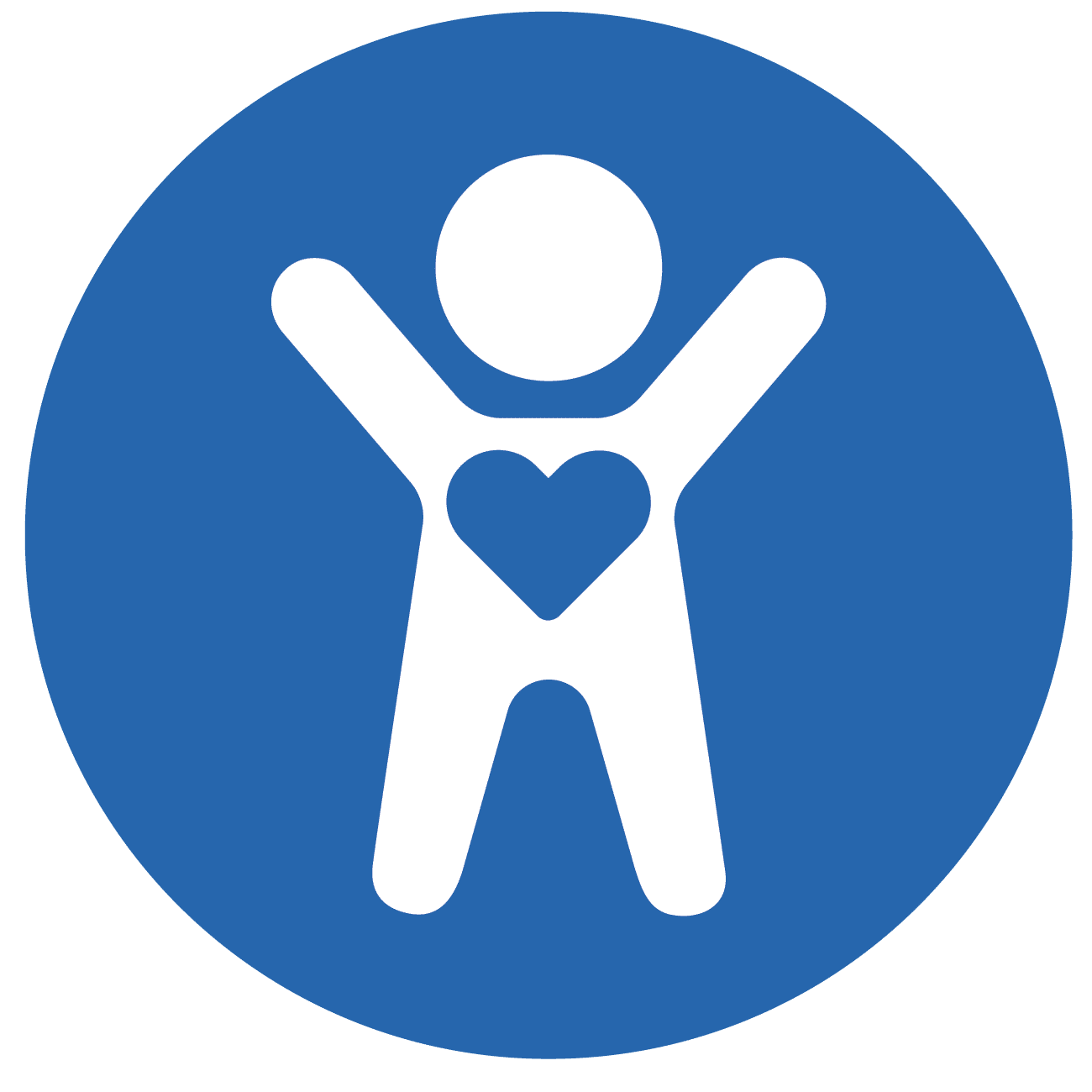
Practicing Self-Care
Self-care is defined as what people do for themselves to stay healthy and prevent disease and illness. It covers many topics like sleep, physical activity, connection with others, work-life balance, and mindfulness.
Physiological needs (air, water, food, shelter, sleep, and clothing) are the foundation of our daily needs, meaning if you are hungry or tired, it might be difficult for you to focus on your school work. That is why taking care of yourself is so important.
If you are facing housing challenges or related stresses, here are resources for requesting assistance:
- Get help paying rent and bills (Consumer Financial Protection Bureau)
- Housing help (USA.gov)
Nutrition
You’d be surprised at how much eating nutrient-dense foods can have a positive effect on your mental health and overall brain function. According to this article from the Harvard Medical School Health Blog, “Eating high-quality foods that contain lots of vitamins, minerals, and antioxidants nourishes the brain and protects it from oxidative stress—the ‘waste’ (free radicals) produced when the body uses oxygen, which can damage brain cells”.
Scientists have even found a link between cognitive and gut function, meaning the more that you prioritize consuming nutritious foods, the better you can think and make decisions throughout the day.
You can review some of the resources here for more information on how good nutrition can support your mental health and information about healthy eating habits.
As always, we recommend you reach out to your doctor if you have any specific questions regarding nutrition or eating habits.
| Resources for Better Nutrition |
|---|
| How to Boost Mental Health Through Better Nutrition - Nutrition.org |
| Nutrition for Mental Health - American Psychological Association |
| Improving Your Eating Habits - CDC |
| Healthy Eating for Kids - Kidshealth.org |
Sleep
It’s no secret that not getting enough sleep can lead you to become scattered and irritable. Busy adults who work long hours and parents are especially susceptible to being sleep deprived. Having poor sleep for a few nights is not a big deal, but chronic sleep deprivation can decrease your cognitive functioning and can certainly affect your mental health.
This is why as students, it’s important to prioritize sleep, even though you may feel you have to sacrifice it in order to get things done. You need all the brain power you can get when you’re in school, so try to fit in at least 8 hours of uninterrupted sleep.
You can review some of the resources here for more information on how sleep affects your mental health and tips for better sleep.
It’s always best to ask your doctor if you are experiencing chronic sleep issues.
| Resources for Better Sleep |
|---|
| How sleep affects your emotions (Ted Talk) |
| 20 Tips for How to Sleep Better (Sleep Foundation |
| Better Sleep: 3 Simple Diet Tweaks (Johns Hopkins Medicine) |
Physical Activity
Find some kind of physical activity that you enjoy and is easy to continue doing. It doesn’t have to be intense and don’t feel pressured to go to the gym! Just going for a walk around the neighborhood is an underrated form of exercise. Even better, find an activity that you can do with a friend, a family member, with your dog, or join a local group. Facebook or Meetup can be a good starting place to find exercise groups in your area.
Finding a physical activity that you enjoy not only helps keep you physically healthy, but can also enhance your mental health. According to this Harvard medical blog, the four best types of exercise are aerobic (walking, running, cycling, and so on), as well as stretching, strength training, and balance training.
One of the best things about exercise is that it releases endorphins, which are the “feel good” chemicals that can help relieve stress, anxiety, and depression.
You can explore some of these resources, but if you have any questions about what kind of exercise would be best for you, we encourage you to reach out to your doctor.
| Resources for Exercise |
|---|
| How to look after your mental health using exercise (Mental Health Foundation) |
| What type of Exercise is Best for Mental Health? (Greater Good Magazine, Berkeley) |
Stretching
Stretching, conventionally, means moving or holding various parts of the body in ways that extend the muscles, according to the American Council on Exercise. The goal is to increase flexibility and range of motion. Think about the quad stretch that your cycling instructor might guide you through after a ride—standing upright, you grab the top of one foot, bend that same knee, and pull your foot up toward your glutes, stretching the quadriceps muscle on that side.
Somatic stretching refers to the release of muscular tension through gentle movement and an awareness of how your muscles feel in various positions and movements. It’s based on natural, unintentional movements, such as the stretching that naturally takes place when you stand up after sitting for long stretches of time or when you make circles with your feet after you take off a pair of tight-fitting shoes. You can watch this video on stretching to find out more.
Connecting With Others
We are innately social creatures who desire to be around people we feel safe around and accept us for who we are. To avoid loneliness and maintain your social skills, make intentional, uninterrupted time to connect with at least one or two people a week such as a family member or a friend, or even strike up a conversation with someone when you’re running your errands.
When it comes to friendships, finding and maintaining them as adults can be hard. Try joining local clubs or organizations that share your interests. Can’t find one? Try starting one of your own! Volunteering is also a great way to find friends and support your local community. Generally, we feel better when we know we’re helping others in some way, so getting involved in your community is one way to make a difference. You can even try getting to know your neighbors, if you haven’t already.
We know how difficult it can be to balance work, school, friends, and family, so feel free to peruse any of the resources provided here.
| Resources for Connecting with Others |
|---|
| Social wellness tool-kit (National Institutes of Health) |
| How to balance school, work, and your social life (Ontario Tech University) |
| Support groups (Mental Health America) |
| Global help lines (United for Global Mental Health) |
Work-Life Balance
Balancing your multiple roles in life such as being a friend, partner, parent, employee, and student can be challenging. Achieving work-life balance doesn’t happen all at once and there is no “easy” button! Focusing on making small adjustments in your life, such as taking a breath or a walk or drinking a glass of water, can really make a difference, as your view of your multiple responsibilities might seem more manageable.
A good starting point is to set manageable goals and communicate them with your team. Consider setting boundaries for yourself and your coworkers distinguishing between your work time and your personal time.
| Resources for Work-Life Balance |
|---|
| 3 rules for better work-life balance (Ted Talk) |
| How to Really Rest (Psych Central) |
| Preventing Burnout (Positive Psychology) |
| Psychology Today: Find a Therapist |
| Find Low-cost Therapy Options (US) |